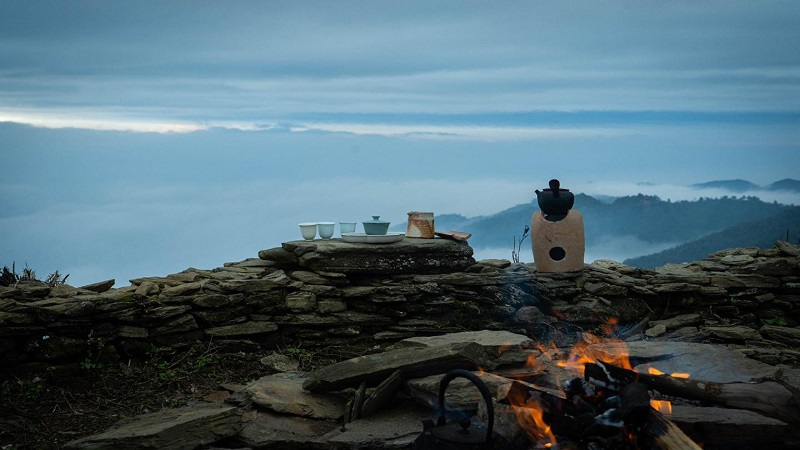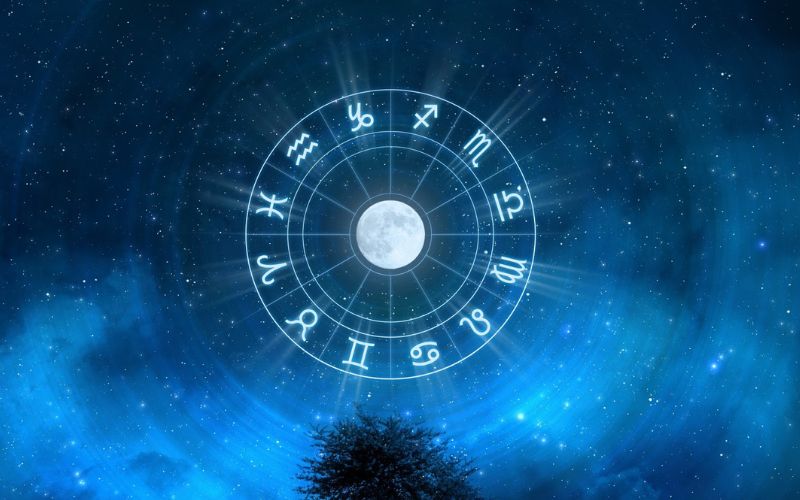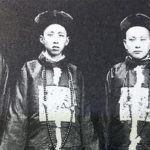The East Asian calendar marks the beginning of a new season with the arrival of a significant solar term. Li Dong, or Establishment of Winter, is one such important event. But what is Li Dong? When does the Li Dong solar term begin in 2022? Find out all about it below!
1 Understanding the Li Dong Solar Term
What is the Li Dong Solar Term?
Li Dong marks the first day of a new solar term in the annual cycle of 24 solar terms. It usually falls on either the 7th or 8th of November, depending on the year.
The Li Dong solar term typically commences around November 7th or 8th (Gregorian calendar) when the sun’s longitude reaches 225 degrees and concludes around November 21st or 22nd annually.
 Li Dong marks the first day of winter
Li Dong marks the first day of winter
Significance of Li Dong
In ancient China, Li Dong signaled the beginning of winter and represented the arrival of a new season.
Today, Li Dong is also referred to as Winter Solstice Day. As the sun’s longitude reaches 225 degrees, the Northern Hemisphere receives less heat from the sun, resulting in shorter days and longer nights.
 Significance of Li Dong
Significance of Li Dong
For your reference: Preparations and the significance of Dong Zhi Festival
2 Li Dong 2022: When Does It Begin?
Li Dong in 2022 will commence on Monday, November 7th (Gregorian calendar), which is the 14th of October in the lunar calendar, and conclude on Tuesday, November 22nd (Gregorian calendar), or the 29th of October in the lunar calendar.
 Li Dong in 2022 begins on November 7th
Li Dong in 2022 begins on November 7th
3 Check Out the Auspicious Times for Li Dong 2022
Auspicious and Inauspicious Times for Li Dong
Auspicious Times on Li Dong (Huang Dao)
- Zi (23:00-0:59),
- Chou (1:00-2:59),
- Mao (5:00-6:59),
- Wu (11:00-13:59),
- Shen (15:00,17:59),
- You (17:00-19:59).
Inauspicious Times on Li Dong (Hei Dao)
- Yin (3:00-4:59),
- Chen (7:00-9:59),
- Si (9:00-11:59),
- Wei (13:00-15:59),
- Xu (19:00-21:59),
- Hai (21:00-23:59).
 Auspicious and inauspicious times for Li Dong
Auspicious and inauspicious times for Li Dong
Auspicious Times for Setting Out on Li Dong
- 23:00-1:00: Extremely auspicious, bringing good fortune. Promises family health and reunion, with joyous news for women and thriving businesses.
- 1:00-3:00: Seeking wealth is neither beneficial nor harmful. Encounter obstacles in work, so pray for peace.
- 3:00-5:00: Auspicious directions for seeking wealth are West and South. All goes well, with peaceful homes and safe travels.
- 5:00-7:00: Auspicious direction for seeking wealth is South. Brings joyous news, prosperous livestock, and smooth sailing in all endeavors.
- 7:00-9:00: Prone to lawsuits, and seeking wealth is unsuccessful. Proceed with caution in all matters.
- 9:00-11:00: Conflicts may arise, so it’s best to postpone travels.
- 11:00-13:00: Extremely auspicious, bringing good fortune. Promises family health and reunion, with joyous news for women and thriving businesses.
- 13:00-15:00: Seeking wealth is neither beneficial nor harmful. Encounter obstacles in work, so pray for peace.
- 15:00-17:00: Auspicious directions for seeking wealth are West and South. All goes well, with peaceful homes and safe travels.
- 17:00-19:00: Auspicious direction for seeking wealth is South. Brings joyous news, prosperous livestock, and smooth sailing in all endeavors.
- 19:00-21:00: Prone to lawsuits, and seeking wealth is unsuccessful. Proceed with caution in all matters.
- 21:00-23:00: Conflicts may arise, so it’s best to postpone travels.
 Auspicious times for setting out on Li Dong
Auspicious times for setting out on Li Dong
4 Dos and Don’ts on Li Dong
Dos: Start new projects, such as construction, business openings, traveling southeast to welcome the God of Wealth or northeast to welcome the God of Happiness, enrolling in school, burials, weddings, digging wells, and land reclamation.
Don’ts: Travel by boat or head northeast.
 Dos and don’ts on Li Dong
Dos and don’ts on Li Dong
We hope this article has provided you with valuable insights into the Li Dong solar term. Join us for more interesting reads in the future!
Golden Bell Rings: 3-year luck rises, 1-year plans easily come true on Winter Solstice
Winter Solstice is one of the 24 solar terms in the year, occurring after the Great Snow and before the Lesser Cold. In feng shui, the day of Winter Solstice corresponds to the hexagram Renewal in the Book of Changes. At this time, the presence of yang energy becomes evident and gradually strengthens.





































